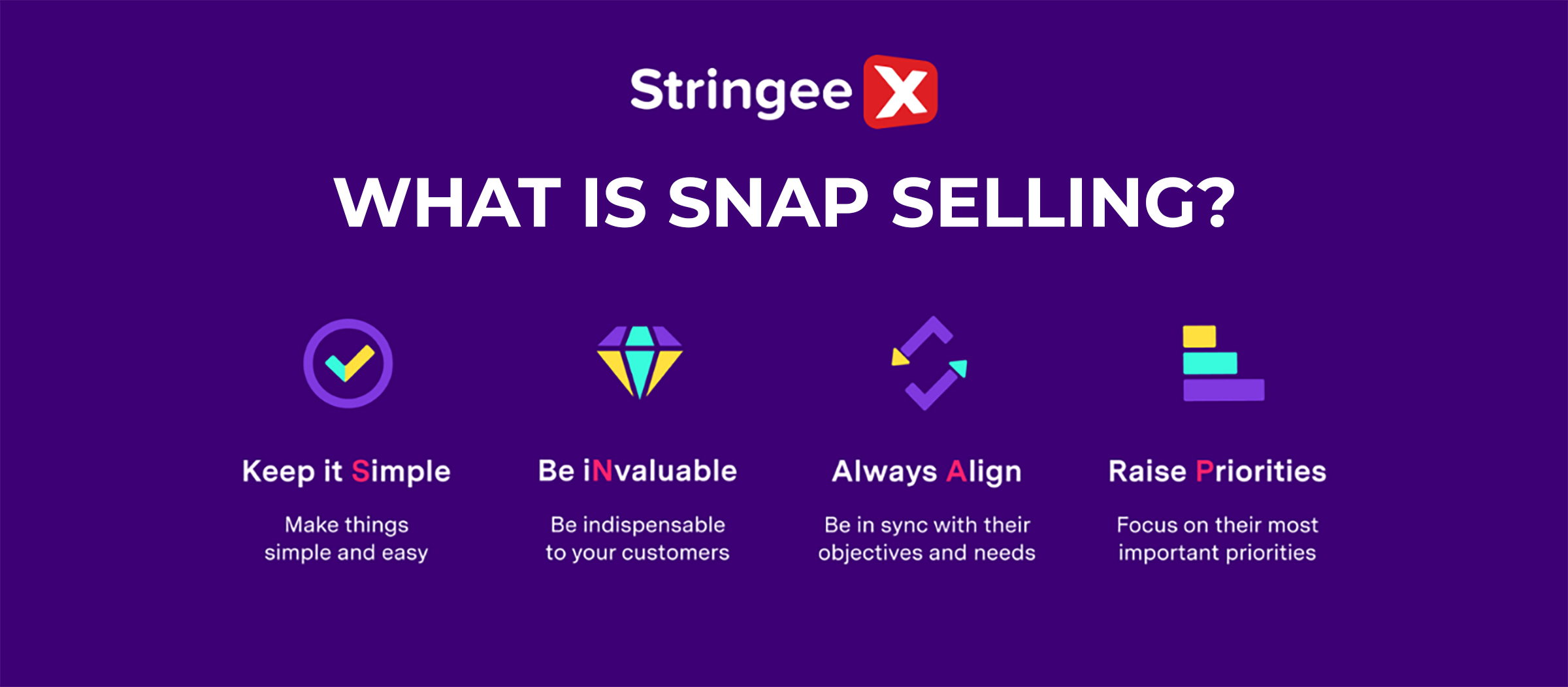Introduction
Most people have heard of call centers, a centralized facility that handles incoming and outgoing phone calls.
Naturally, the definition of a call center agent is quite easy to guess. However, many are still at a loss about the specific tasks and responsibilities these agents have to handle. Our guides will address this common question while lending more insights into the skills and qualities required for this role.
What Is A Call Center Agent?
They manage customer calls. (Image source: Pexels).
A call center agent is a person who manages outbound or inbound customer phone calls for a company. They must handle all types of inquiries, ranging from account questions and support/product issues to customer complaints.
Some organizations call these agents by other names, such as operators, contact center agents, associates, or CSR (customer service representatives). They can work either from the call center or remotely.
Roles and Duties Of Call Center Agents
For Inbound Agents
1. Personalized Customer Services
Companies hire inbound agents to provide one-to-one, personalized customer service. They must assist the clients in:
- Returning products
- Completing sales transactions online
- Answering questions about services or products
- Addressing shipping issues or other complaints
There are specific guidelines these agents must follow when interacting with customers to guarantee professional conduct. Some retail businesses even consider these agents their frontline representatives for traditional catalog sales or online marketplaces.
2. Technical Support
Companies with technical product bases (e.g., cellphones, software, computers, or televisions) always require a strong customer support team.
Hence, call center agents are usually responsible for call services during business hours. They must answer questions, troubleshoot unexpected issues, or explain some complex aspects of a particular product. The goal is to reduce return rates and promote customer loyalty in the long run.
3. Credit Processing And Services
Issues regarding credit cards are extremely common, to the point that inbound agents for credit-related inquiries have their own departments separate from regular customer service staff.
They must have extensive knowledge of the company’s policy and financial transactions to assist customers with security breaches, payment processing, and account changes/closure requests.
4. Data and Metrics Management
Agents for inbound call centers must log information from each customer call, which is then transferred to analytic departments that examine the information to conclude customer behaviors, sales trends, or company-related problems.
From here, the business can gain deep insights into its customer base and translate them into meaningful service improvements.
On another note, logging information is sometimes just a part of the agent’s main role, such as technical support or customer service.
For Outbound Agents
1. Lead Generation
An outbound agent has to cold-call prospects and customers to generate quality leads and seek uptake opportunities. With these leads, businesses can promote sales, strengthen loyal customers, or gather valuable information on recent consumer behaviors.
You can find outbound agent roles in numerous industry sectors, mostly academic programs, retailers, cruise and flight services, or broadband providers.
2. Market Research
Lead generation aside, an outbound agent must also conduct extensive market research for businesses, non-profit organizations, or even political campaigns.
Have you ever received a phone call from a stranger asking you to participate in a quick survey? That person is likely an outbound center agent. They will ask questions related to the customers’ following life aspects:
- Regional experiences
- Academic achievements
- Brand preferences
- Favorite products
- Political opinions
- Medical treatment
Most outbound calls operate within the quota system, meaning the agent must perform a specific number of questionnaires/surveys per period.
3. Telesales
Sometimes, outbound agents must also perform telesales, often mistaken for lead generation or telemarketing.
Unlike the other two, which mostly focus on generating customer interest or gathering the necessary information for future patronage, telesales agents sell the products directly over the phone. Hence, they can close the sale right on the spot instead of transferring or collecting data on behalf of the company.
The agents usually start their week (or even day) with a set quota for sales; their job is to meet that quota without tainting the company’s positive image. Most products for telesales are simple, non-complex items that outbound agents can explain to customers within a minute.
Is A Call Center Agent The Same As A Customer Service Agent?
The two roles have many overlapping points. (Image source: Pexels).
Back then, call center agents mostly handled phone calls, while customer service agents were required to interact with clients through various channels like live chats, social media, emails, in-person meetings, etc.
However, since the advent of virtual, programmable call centers like StringeeX, call center agents can answer customers from multiple platforms using just one interface. Therefore, the differences between the two roles have been blurred.
Plus, given that both roles focus on customer satisfaction, it is understandable to use the two terms interchangeably in many cases.
Skills and Qualities Required to Be A Call Center Agent
Clear and effective communication is the key (Image source: Pexels).
Being a successful call center agent requires a unique blend of skills and personal qualities.
- Communication: Clear and effective communication is paramount for any customer service role. The agent must know how to convey his opinions clearly, listen actively to the customer, and even adapt his speech to different customer personalities.
- Problem-solving: From technical glitches to emotional concerns, agents must showcase their critical-thinking abilities when assessing the situation and developing a corresponding solution.
- Multitasking: Handling multiple calls, managing queues, and keeping track of information simultaneously requires strong organizational skills.
- Technical competence: Basic computer literacy and knowledge of specific software or products might be essential depending on the call center.
Of course, your business might have other less common requirements for call center agents as well. Make sure to mention these additional criteria clearly in the job descriptions.
Conclusion
A call center agent must possess great communication skills and critical thinking, regardless of inbound or outbound calls. Multitasking flexibility is also strongly required; fortunately, in recent years, StringeeX and similar programmable contact centers have made it much easier to sort out different data or track multiple platforms at the same time.










